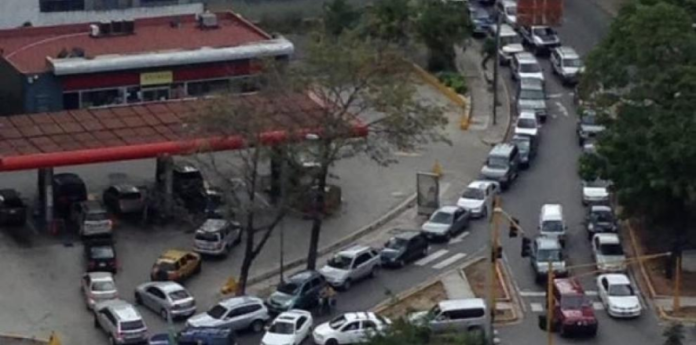Abstract
-
Venezuela’s gasoline shortage has become a chronic issue, affecting daily life and work.
-
Despite being an oil-rich nation, underinvestment and lack of maintenance in the oil industry have led to this crisis.
-
The situation highlights the economic and social challenges faced by Venezuelans under the current regime.
Venezuela, once a significant exporter of oil, is now grappling with a chronic gasoline shortage. This crisis, which has become a routine part of life for Venezuelans, is a result of underinvestment and lack of maintenance in the oil industry. Despite the claims of normal functioning by the state-owned PDVSA, the reality on the ground tells a different story.
The Gasoline Crisis
The gasoline shortage in Venezuela has been an intermittent problem for over a decade. Venezuelans face difficulties refueling their vehicles several times a year, a situation that experts and industry workers attribute to a structural problem in the industry. Currently, only 135,000 barrels of oil are refined daily, falling short of the 250,000 barrels needed to meet domestic demand.
The Impact on Daily Life
The gasoline shortage has a significant impact on the daily lives of Venezuelans. Long queues of vehicles waiting to refuel are a common sight in many parts of the country. The shortage affects work schedules and even prevents people from returning home at times. The quality of gasoline has also become a concern, with reports of vehicles catching fire due to contaminated fuel.
The Underlying Issues
The gasoline crisis in Venezuela is symptomatic of broader issues plaguing the country’s oil industry. The lack of investment and maintenance, coupled with the loss of specialized personnel, has led to a decline in the industry’s performance. The situation is further complicated by the country’s economic crisis and the sanctions imposed due to the authoritarian rule.
Conclusion
The chronic gasoline shortage in Venezuela underscores the economic and social challenges faced by the country under the current regime. As the crisis becomes a routine part of life, it serves as a stark reminder of the need for substantial investment and reforms in the country’s oil industry.









